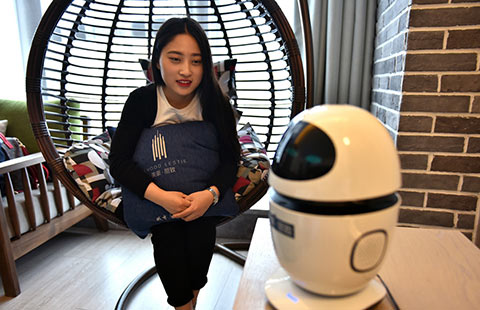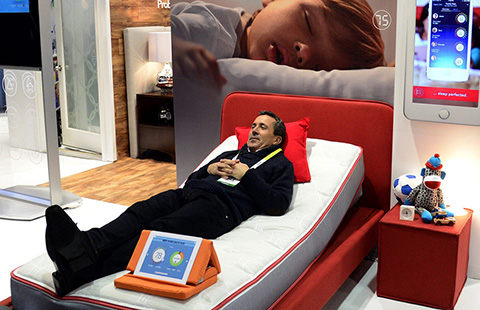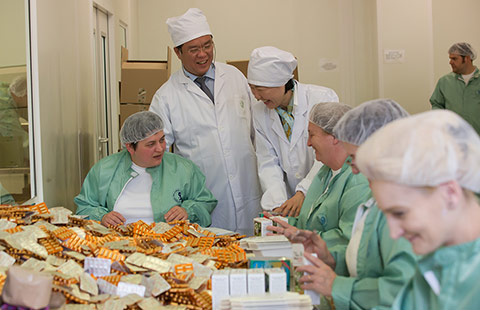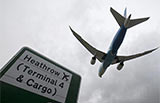Siemens gets lowdown on getting smart
By Meng Jing (China Daily) Updated: 2012-11-09 15:46However, Kenneth Hsu emphasizes Siemens is not shifting focus from its typical high-end market, but rather expanding its portfolio with more low-cost, locally made no-frills products, which have the most potential in China.
In the automation sector, for example, the total market size in China in 2011 was about 34.5 billion yuan, of which 47 percent was for middle to high-end products, and 53 percent for lower-end varieties.
Zhuo Yue, head of automation and control automation solution at Siemens' corporate technology department, is in charge of developing the first SMART protective relay in China. He says the main reason this market has been dominated by Chinese domestic companies is because of the low price.
"We've successfully cut down 30 to 40 percent of the cost with our new 'In China, for China' design," Zhuo says, adding that they remain competitive.
"In the six months after we put the products on the market in April, we received around 21,000 orders."
The protective relay tailor-made for Chinese customers is one of thousands of products Siemens has produced since Arding Hsu and another senior executive came up with the SMART innovation idea in Beijing's Beihai Park in 2005.
Arding Hsu is leading 380 researchers as they seek and try various ways to fill the gap between Chinese customers' needs and the actual supply in the market.
For example, they use an ant farm to help study the working conditions of mine workers and explore where there might be a demand in the mining sector. The key then is to find simple and affordable solutions.
In another sector, Shen Hong, head of research group image and data processing for emerging markets, is working with his Beijing-based corporate technology team to develop online software to train doctors in small hospitals.
After visits to rural hospitals, Shen's team found that the problem was more a lack of qualified doctors than of high-end expensive equipment - although the company has also found ways of reducing the cost of such equipment.
Siemens' magnetic resonance imaging factory in Shenzhen, South China's Guangdong province, has developed an MRI machine seen as the most affordable on the market. It has sold well in China and is being welcomed by developed markets, such as the US and Japan.
No one is sure how much revenue SMART products have generated for Siemens, but Kenneth Hsu says there is no doubt their growth is much faster than that of the company's traditional products in terms of sales.
mengjing@chinadaily.com.cn
- Qualcomm says it's here to stay in China
- Belt and Road Initiative connects Chinese capabilities with UK expertise
- New Third Board confirms two-way division
- China's wealth management sector 'should go more global'
- Dell has big ideas for cloud computing in China
- Miracle of WeChat takes hold of tech-savvy news gatherers
- Chinese companies buy into Italian media rights group
- Buffer time given on taxing imported goods sold online

















